Tablet-Based Head Injury Tool Testing by Poellabauer & Flynn
April 30, 2013CSE professors Patrick Flynn and Christian Poellabauer, together with doctoral degree student Nikhil Yadav, have developed a tablet-based computer program application to help determine whether athletes, soldiers, and others have suffered traumatic brain injuries. It’s called Contect — short for Concussion Detection Test. The program captures the voice of an individual and analyzes it within seconds for signs of potential concussion. The tool is designed to supplement, not replace, medical diagnosis of concussion or other brain injury.
On April 19, the Contect team won the $25,000 grand prize for a for-profit business idea during the finals of Notre Dame’s annual McCloskey Business Plan Competition. A total of 148 teams entered the competition last fall, and six finalist teams made presentations Friday to a panel of judges. Also on the Contect business plan team is Shane McQuillan, a graduate student in the university’s Engineering, Science & Technology Entrepreneurial Excellence Master’s (ESTEEM) program. The team also landed the Office of Technology Transfer Award which is $10,000 in patent reimbursement awarded to the technology with the best commercial potential.
In cooperation with Notre Dame’s chief sports medicine physician, Dr. James Moriarity, the university recently used Contect to test athletes during Notre Dame’s 2012 Bengal (male) and Baraka (female) Bouts amateur boxing competitions. Nine concussions (out of the 125 male participants) were confirmed by the program and the university’s medical team. Results of the Baraka Bouts are still are being analyzed.
“It’s not an exact science,” Poellabauer said, although the tablet tool flagged all nine athletes that the medical team later diagnosed with concussion. We’re pleased with the results. We didn’t know what to expect overall,” he said.
It’s an inexpensive tool that can be used right on the sideline of an athletic field to provide initial feedback about a possible injury. Poellabauer and Flynn are working to refine it. They’re also hoping to expand testing beyond voice analysis, perhaps including a balance test.
The Contect team plans to work with lacrosse players this summer and possibly the Notre Dame hockey team or basketball teams next season to test the program.
Poellabauer and Flynn have taken out a provisional patent which could potentially be put into commercial production in the future. Colleges and most high schools already require varsity athletes to take computer baseline testing before the start of season as a means of comparison if the athlete suffers a possible head injury. That preliminary testing can help a medical team determine whether an injury has been suffered and, through repeated testing, help decide when an athlete has recovered and can safely return to the playing field.
Contect is another tool to help coaches and medical teams in the immediate aftermath of a hit that might have caused brain trauma, Poellabauer said. He said the research team would like to partner with some area high school football and other teams to conduct further testing on athletes.

